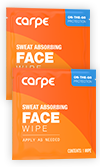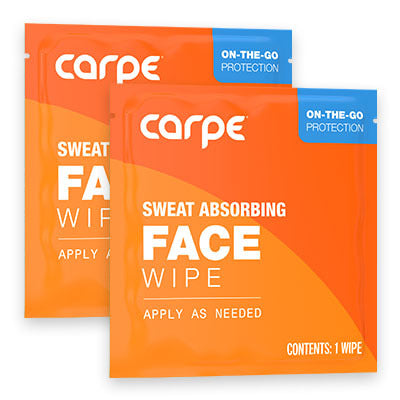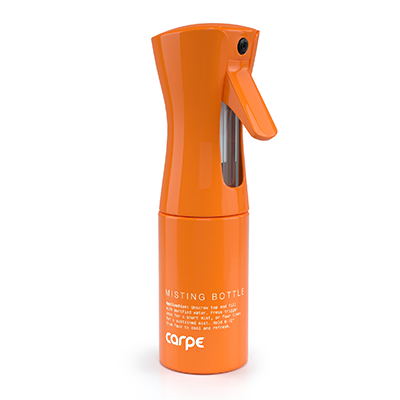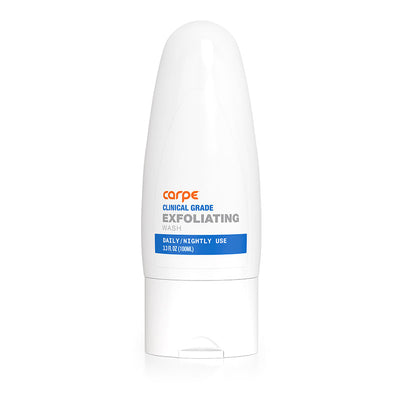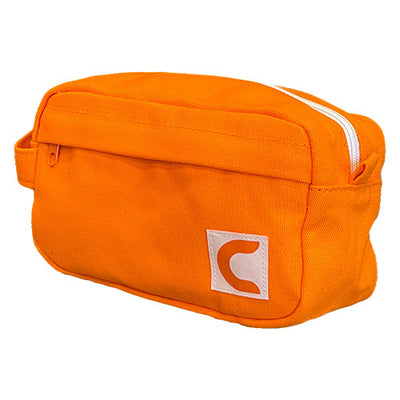Gustatory sweating, or Frey’s Syndrome, is defined as sweating and flushing of the facial region that occurs when a person is eating, or even thinking about food.[5] This is quite different than when your face burns because you are already sweating. Most people experience sweating as a result of eating spicy food, but it is typically generalized and mild. For those suffering from gustatory sweating, the amount of sweat they produce can be copious and the results can be extremely embarrassing. It is well documented that hyperhidrosis and anxiety are often associated, and this is especially true in the case of gustatory sweating. This is because people often socialize while eating meals together, which would naturally trigger stress in those who can’t eat without it causing them to sweat excessively. Interestingly, gustatory sweating is not the same as craniofacial hyperhidrosis, although it could be considered to be a form of it.
Causes of Gustatory Sweating
There are several things that can cause gustatory sweating. The most common cause, by far, is injury to the parotid gland and its surrounding nerves.[5] The parotid gland is a salivary gland that is situated on both sides of the face, it is below and in front of the ear. The glands communicate with the mouth via a duct and aid in the secretion of saliva.[4] The parotid gland is usually injured during a type of surgery called a parotidectomy in which the parotid gland is removed. Injury can also happen during a face lift surgery or due to trauma in that region of the face.[5] It has even been known to be caused by war related injuries and occupational accidents.[2] In some unfortunate cases, the use of forceps during delivery has also been known to damage a baby’s face and later lead to the development of gustatory sweating.[1] Damage to the parotid gland and the subsequent sweating that occurs during eating is what is referred to as Frey’s syndrome.
Gustatory sweating can also be caused by medical conditions that cause secondary hyperhidrosis by damaging the nerves near the parotid gland, like neuropathy caused by diabetes. Diabetes can cause patients to sweat while eating because the disease causes nerve damage. If nerves near the parotid gland are damaged, then diabetes patients are susceptible to developing Frey’s syndrome when their nerves regenerate in an aberrant way. This is very similar to the way surgical patients develop the disease. There have also been cases of gustatory sweating caused by diseases like Parkinson’s, Shingles, Tuberculosis and others, although these cases are less studied.[5]
It is thought that Frey’s syndrome occurs due to sympathetic nerves regenerating in an inappropriate location after trauma caused by surgery. This problematic nerve regrowth is referred to as “aberrant nervous regeneration” in texts describing the disorder. These sympathetic nerves are then stimulated by foods that would normally cause salivation to occur, but instead sweating and flushing happen on the outside of the face because of the the incorrect way they regenerated. This is why sweating happens when a person with Frey’s syndrome looks at, eats or even thinks about certain foods.[5]
A Brief History
Gustatory sweating has been a medically documented phenomenon for the last 300 years. Early researchers wanted to understand why humans sweat under normal conditions, but they also sought to understand the pathological sweating some people experienced. Specific episodes of gustatory sweating have been noted as far back as 1740, but were not explored in detail until 1888 when the first official account was written by Paul Raymond. In the past most cases of gustatory sweating were noted after severe infections, hunting accidents or war injuries to the face. It wasn’t until World War II that German documents were found pertaining to Lucja Frey’s work on the subject. She was the first person to describe gustatory sweating as involving issues with with the parasympathetic and sympathetic nervous systems. Unfortunately, she was a victim during the war and subsequently died but the disorder is named after her for the massive contribution to its understanding that she provided. That is why gustatory sweating is referred to as Frey’s syndrome.[1]
Treatment for Gustatory Sweating
There are limited treatment options for those with gustatory sweating, however, the treatments that are available have been shown to be effective and improve quality of life. Many of the treatments that reduce and stop facial sweating caused by primary focal hyperhidrosis are the same ones that are effective for treating gustatory sweating. Botox injections are the primary treatment option for those with Frey’s syndrome. Botox is used for axillary hyperhidrosis treatment most commonly, and is FDA approved for this purpose and it has been successfully used to treat excessive sweating of the face.[5] One study looked at the connection between Botox treatment in patients with gustatory sweating and their quality of life. It was found that Botox treatment significantly improved how patients perceived quality of life.[6] Botox has the ability to stop gustatory sweating and has even lead to remission in some patients.[5] Botox is also frequently used for patients with craniofacial sweating and can even be used to treat upper lip sweating.
Prior to administering Botox injections a doctor will most likely perform a starch-iodine test to determine where the problem area is located and to confirm a diagnosis of gustatory sweating. Usually, a patient will be given food to eat and then the starch-iodine test will identify where the sweating occurs most. Botulinum toxin A is the most common type used to treat gustatory sweating. It’s effectiveness, as well as Abo-BoNT-A type, have been found to be the most effective in treating Frey’s syndrome. Patients typically need repeat treatments every 15 months or so. Some of the possible side effects include dry mouth, smile asymmetry and temporary weakness of the muscles involved in chewing.[5]
While other options like over-the-counter topical treatments and oral medications for hyperhidrosis can be used, they have not been shown to be affectatious.
The symptoms of gustatory sweating can be frustrating, but there are effective ways to manage them and stop excessive sweating from occuring while patients eat.
Sources
- Daniels, E., & Watchorn, R. (2016). Unilateral facial flushing precipitated by eating. . BMJ : British Medical Journal (Online), 352. doi:10.1136/bmj.i1377
- Dunbar, E. M., Singer, T. W., Singer, K., Knight, H., Lanska, D., & Okun, M. S. (2002). Understanding gustatory sweating What have we learned from Lucja Frey and her predecessors? Clinical Autonomic Research, 12(3), 179-184. doi:10.1007/s10286-002-0045-7
- Freeman, G. L. (1998). Gustatory Sweating in the Differential Diagnosis of Food Allergy. . Allergy and Asthma Proceedings, 9(1), 1-2. Retrieved September 4, 2018, from http://ezproxy.co.wake.nc.us/login?url=https://search.proquest.com/docview/231721476?accountid=14867
- Medical Definition of parotid gland. (2018). Retrieved September 4, 2018, from https://www.merriam-webster.com/dictionary/parotid gland
- Pariser, D. M. (2014). Hyperhidrosis (4th ed., Vol. 32). Philadelphia, PA: Elsevier.
- Steffen, A., Rotter, N., König, I. R., & Wollenberg, B. (2012). Botulinum toxin for Frey's syndrome: A closer look at different treatment responses. The Journal of Laryngology and Otology, 126(2), 185-189. doi:10.1017/S0022215111002581




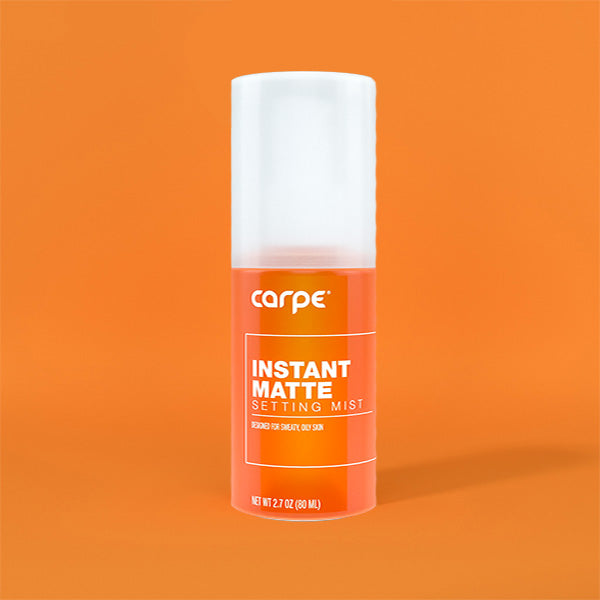

16790753702383.jpg?v=1679075372)

16790746985853.jpg?v=1679074700)


16790757289763.jpg?v=1679075731)





